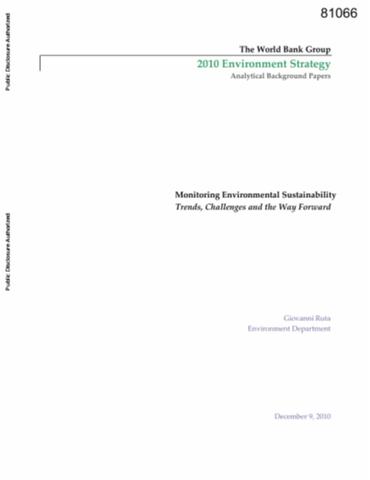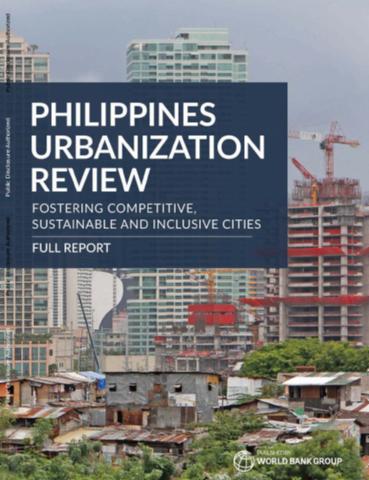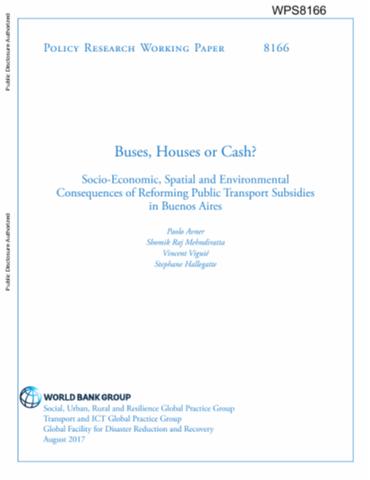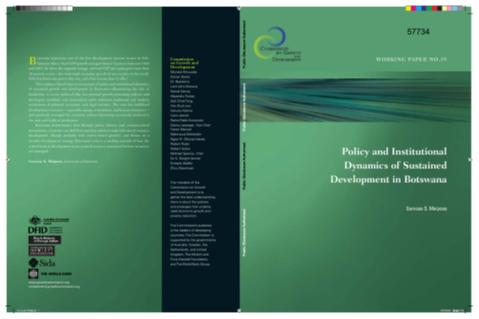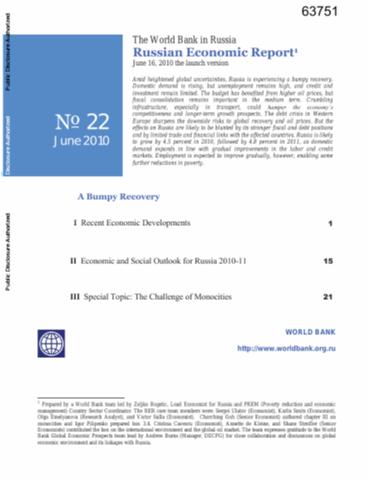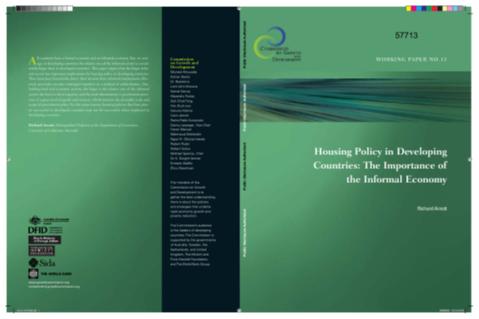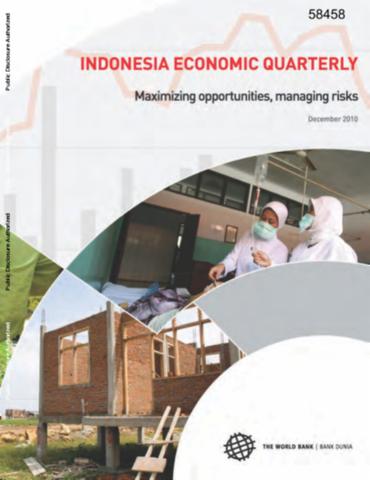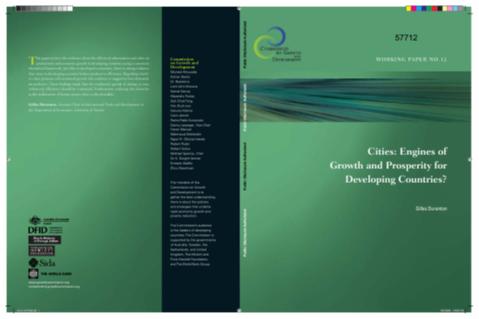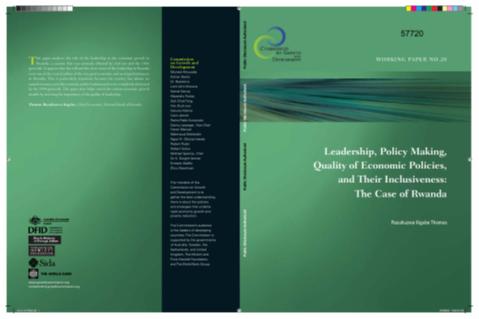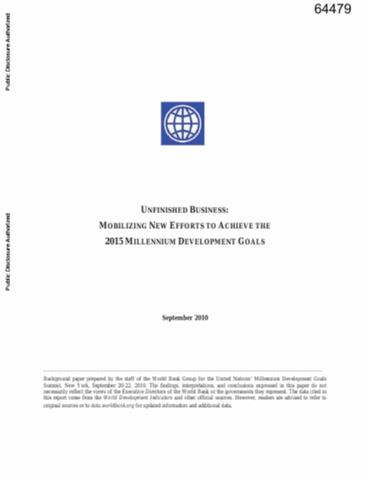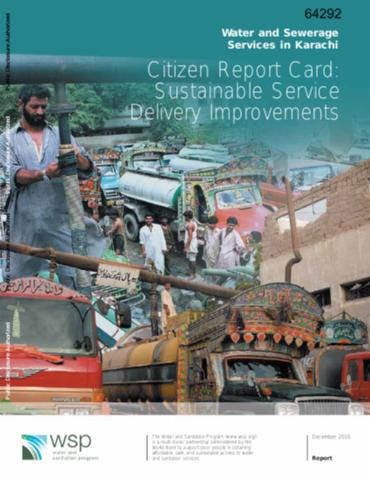Monitoring Environmental Sustainability
This report presents a concise review of the major environmental and natural resources issues at the global and national level over the coming two decades. The environmental issues reviewed include air pollution and deterioration of air quality, greenhouse gas emissions and climate change, water quality, scarcity and access, land and soil degradation, deforestation and forest degradation, natural disaster, loss of biodiversity and protected areas, and governance and institutions for environmental and natural resource management.

